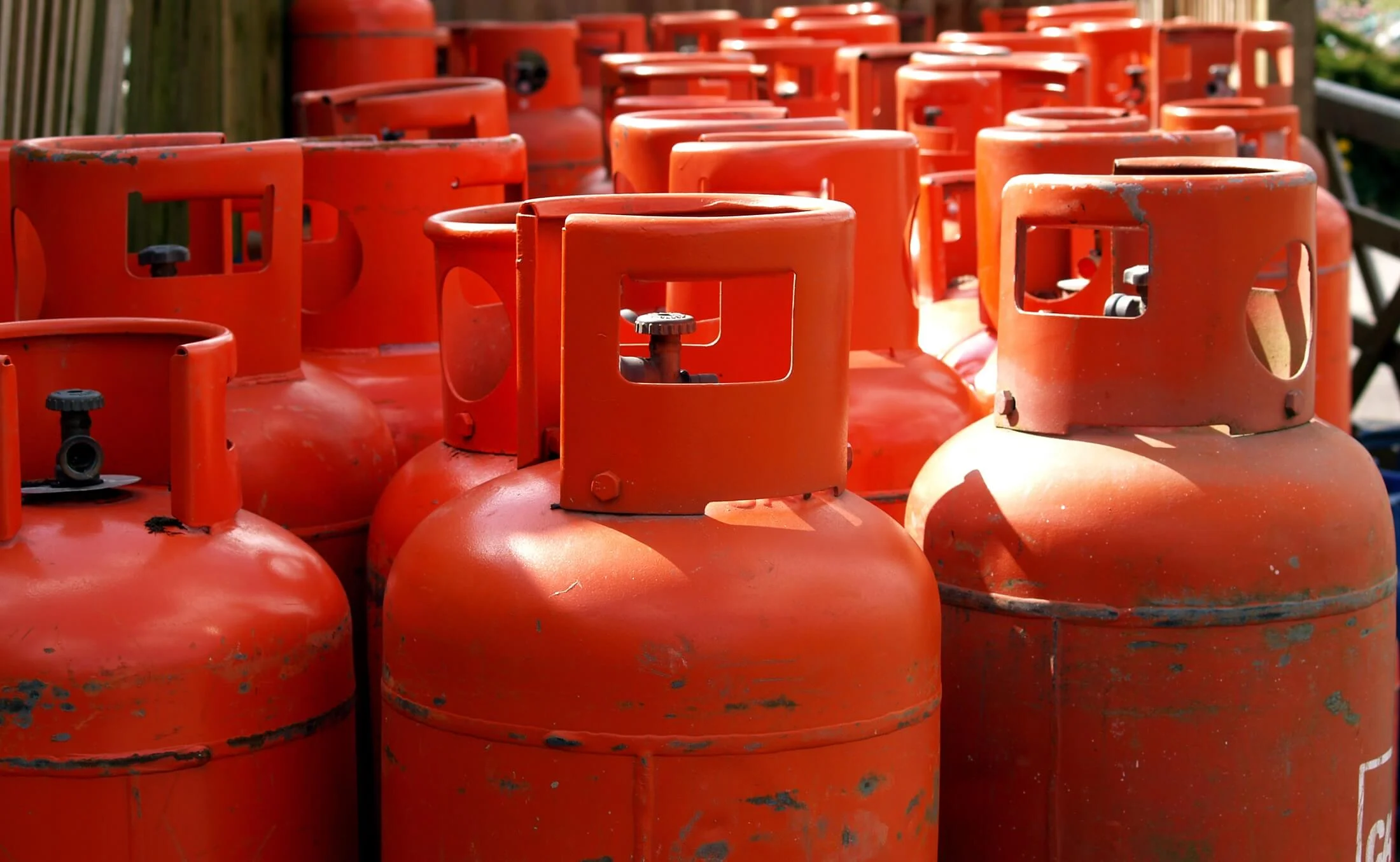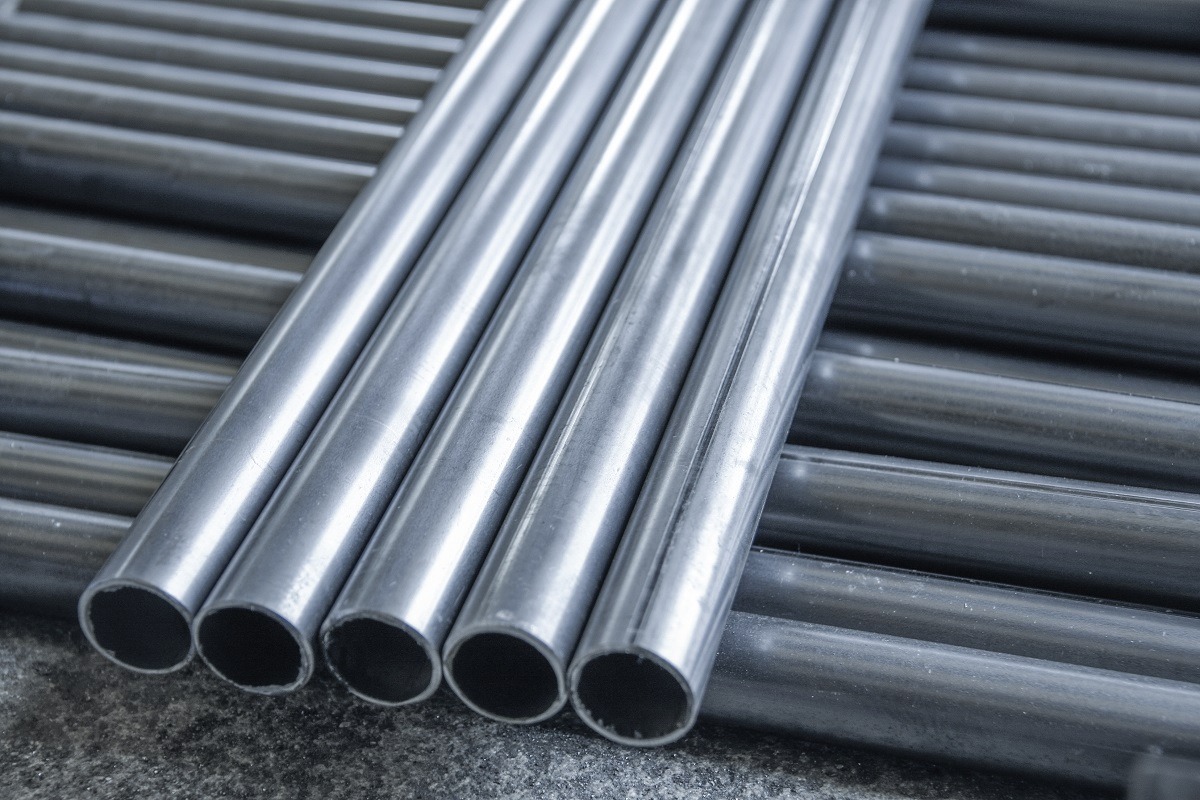Introduction: Understanding the Importance of the Right Gas Cylinder
Choosing the right gas cylinder is not just about convenience—it’s about safety, efficiency, and value for money. Whether you’re buying for home cooking, industrial use, camping, or commercial purposes, selecting the appropriate gas cylinder is essential. In the world of energy solutions, the gas has remained a reliable and flexible source of fuel. Whether you need a gas cylinder for powering stoves, heaters, or welding equipment, knowing what fits your specific requirements is critical. The material, size, valve type, capacity, brand, and even regional safety standards play significant roles in the decision-making process. A poorly chosen gas cylinder can lead to issues such as leakage, low pressure, and even safety hazards. Therefore, understanding every aspect of the gas before purchasing is the key to getting the best product. Many buyers make the mistake of overlooking the fine details that distinguish one gas from another. To prevent accidents, improve energy efficiency, and make the most of your investment, you must understand the ins and outs of the gas market. The best way to avoid a poor buying decision is through informed research, and that’s exactly what this guide offers. This article aims to equip you with all the necessary knowledge to make an informed gas purchase, whether you are a first-time buyer or someone looking to upgrade your current setup.
What is a Gas Cylinder?
A gas cylinder is a pressure vessel used to store and transport gases in a safe and compact manner. It is commonly made from high-strength steel or aluminum and is used in various settings—domestic, commercial, and industrial. Gases inside a gas can be compressed, liquefied, or dissolved under pressure. These cylinders often come with safety valves and regulators to control the release of the gas. A quality gas not only ensures smooth fuel supply but also reduces the risk of accidents caused by gas leaks or explosions.
Types of Gas Cylinders
1. LPG (Liquefied Petroleum Gas) Cylinders
These are the most common types of gas used in homes for cooking and heating. They contain a mix of propane and butane and come in various sizes to suit household needs.
2. CNG (Compressed Natural Gas) Cylinders
These are primarily used in vehicles and industrial setups. They are known for being environmentally friendly and cost-efficient.
3. Oxygen Cylinders
Used in medical and industrial applications, oxygen gas are built to strict standards due to the volatile nature of the gas.
4. Acetylene Cylinders
Used mainly in welding and cutting, acetylene gas must be handled with extra care as the gas is highly flammable.
5. CO₂ Cylinders
Common in the food and beverage industry, these gas cylinders are used in carbonated drinks, fire extinguishers, and greenhouse farming.
Factors to Consider When Buying a Gas Cylinder
1. Purpose of Use
The first question you must ask yourself is: What do I need the gas for? Is it for cooking, heating, welding, or another purpose? Each use case requires a different type of gas cylinder.
2. Size and Capacity
Cylinders come in a wide range of sizes, from 2kg to over 50kg. For household use, a 12kg gas cylinder is typically sufficient, while industrial operations might require much larger volumes.
3. Material and Durability
A durable gas cylinder made of high-quality steel or aluminum ensures longevity and safety. Corrosion-resistant coatings are also essential if the cylinder will be used outdoors or in humid conditions.
4. Valve and Regulator Compatibility
Make sure that the gas you choose has a valve compatible with your existing appliances or regulators. An incompatible valve can cause leaks or reduce efficiency.
5. Brand and Certification
Always go for certified brands that comply with national and international safety standards. A certified gas cylinder is tested rigorously to ensure it can handle high pressure safely.
6. Refill and Exchange Options
Check whether your supplier offers easy refill or exchange services. Some companies offer home delivery and collection of empty gas which can be a significant convenience.
Safety Guidelines for Handling Gas Cylinders
- Always store the gas cylinder in a well-ventilated area.
- Keep it away from direct sunlight and heat sources.
- Ensure that the valve is tightly closed when not in use.
- Never tamper with or attempt to repair a leaking gas on your own.
- Use only approved regulators and hoses.
- Conduct periodic leak checks using soapy water.
A safe gas cylinder setup not only prevents accidents but also helps maintain optimal fuel efficiency. Safety is paramount, and ignorance or negligence can lead to dire consequences.
How to Identify a Genuine Gas Cylinder
In an unregulated market, counterfeit gas are unfortunately common. Here are some tips to identify a genuine product:
- Look for certification stamps from relevant safety authorities.
- Check the manufacture and expiry dates.
- Ensure the cylinder has a safety seal or cap.
- Buy only from authorized distributors.
Using a fake gas cylinder could result in poor performance and severe safety risks. Always verify authenticity before purchasing.
Cost Comparison and Budget Planning
Prices of gas cylinders vary based on size, type, and brand. LPG gas are generally affordable and widely available. Industrial gas can be more expensive but are often refillable, which reduces long-term costs. When budgeting for a gas consider not only the purchase cost but also ongoing refill and maintenance expenses.
Maintenance and Longevity
To extend the lifespan of your gas cylinder, regular maintenance is essential:
- Clean the exterior to prevent rust.
- Check valves and hoses periodically for signs of wear.
- Schedule professional inspections every few years.
A well-maintained gas lasts longer and performs more efficiently. Ignoring maintenance can lead to higher fuel consumption and dangerous situations.
Portable vs. Stationary Cylinders
Depending on your use case, you may opt for a portable or stationary gas cylinder:
Portable Gas Cylinders:
Ideal for camping, small kitchens, and outdoor activities. Lightweight and easy to move around.
Stationary Gas Cylinders:
Better suited for industrial and large-scale residential use. These are heavier and require permanent installation.
Each type has its pros and cons, and your decision should depend on your lifestyle and fuel needs.
Choosing a Reliable Supplier
A good supplier not only offers high-quality gas but also provides customer support, safety tips, and after-sales service. Look for suppliers with:
- Positive customer reviews
- Transparent pricing
- Prompt delivery services
- Safety training and demonstrations
Avoid black-market vendors at all costs, as they often sell substandard or expired gas cylinders.
Environmental Considerations
Many modern gas cylinders are designed to reduce environmental impact. Refillable and recyclable options help minimize waste. Switching to cleaner gases like LPG or CNG can reduce carbon emissions significantly compared to traditional fuels like coal or wood.
Common Mistakes to Avoid
- Buying the wrong size for your needs.
- Ignoring safety certifications.
- Failing to check the valve and regulator.
- Storing the gas cylinder in unsafe environments.
- Choosing low-cost over high-quality.
Avoiding these pitfalls ensures a safer, more cost-effective experience with your gas cylinder.
Future Trends in Gas Cylinders
The gas cylinder industry is evolving with the introduction of smart cylinders equipped with IoT technology. These can:
- Monitor gas levels in real-time
- Alert users about potential leaks
- Track usage patterns for better fuel management
Eco-friendly materials and safer valve designs are also shaping the future of gas cylinders. Staying updated with these trends can help you make a more future-proof investment.
Conclusion: Make an Informed Choice
Selecting the right gas is a decision that involves more than just picking one off the shelf. From size and type to safety features and supplier credibility, each factor plays a crucial role. A good gas cylinder not only meets your immediate needs but also serves you reliably and safely for years. Don’t rush the decision—compare your options, read labels, ask questions, and most importantly, prioritize safety over savings. Whether you need a gas for home, travel, or industry, the knowledge you’ve gained from this guide will help you make a well-informed, confident purchase.’
Whether you’re a beginner or an expert, start from our homepage for best results.











Leave a Reply